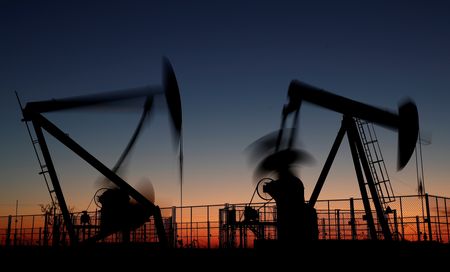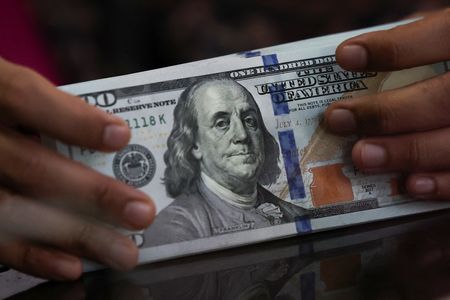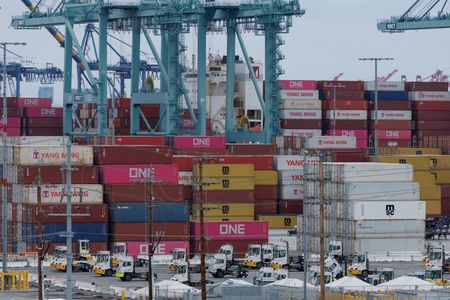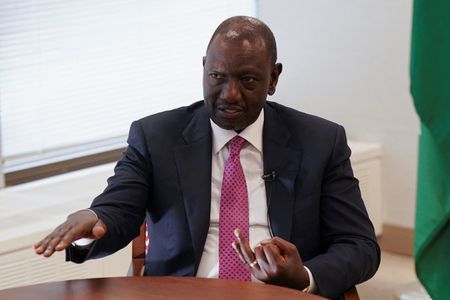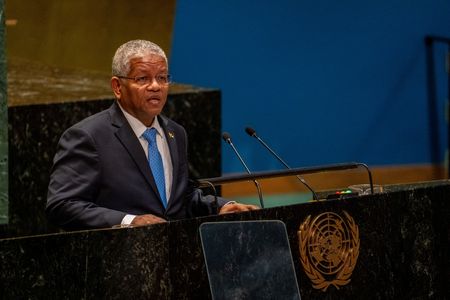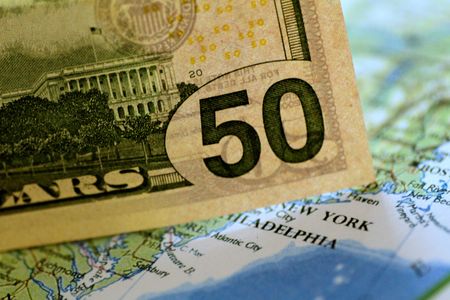By Sam Li and Trixie Yap
(Reuters) -Oil prices eased in Asian trade on Thursday, retreating from the previous session’s seven-week high, as investors took money off the table in anticipation of slower winter demand and the return of Kurdish supplies.
Brent futures slipped 19 cents, or 0.3%, to $69.12 a barrel by 0637 GMT, while U.S. West Texas Intermediate (WTI) crude futures fell 22 cents, or 0.3%, to $64.77 a barrel.
Both benchmarks gained 2.5% on Wednesday to stand at their highest since August 1, driven by a surprise drop in U.S. weekly crude inventories and concerns that Ukraine’s attacks on Russia’s energy infrastructure could disrupt supplies.
“Oil prices are hovering above our expectations,” said Suvro Sarkar, the energy sector team lead at DBS Bank.
“We would expect profit-taking to emerge at current levels and oil prices to slowly moderate hereon as we enter the slower winter demand season.”
Bearish expectations on supply fundamentals, with more oil expected soon from Iraq and Kurdistan, weighed further.
“The return of Kurdish supplies adds back fears of an oversupply narrative, propelling a pullback in prices that hover near a seven-week high,” said Priyanka Sachdeva, senior market analyst at Phillip Nova.
Oil flows from Iraqi Kurdistan were expected to restart in days, after eight oil firms struck a deal on Wednesday with Iraq’s federal and Kurdish regional government to resume exports.
While some market concerns remained on Russian supply disruptions, Haitong Securities said in a report another key factor behind oil’s resilience was the lack of significant downward pressure from supply–demand fundamentals in recent weeks.
As the peak demand season gradually ends, prices have yet to reflect expectations of mounting oversupply pressures, it added.
Underscoring investor cautiousness on demand, J.P. Morgan analysts said on Wednesday that U.S. air passenger throughput for September indicated only a modest annual increase of 0.2%, a notable slowdown from robust growth of 1% in each of the two prior months.
“Likewise, U.S. gasoline demand has started to pull back, mirroring the broader moderation in travel trends,” the analysts said in a report.
(Reporting by Sam Li and Trixie Yap; Editing by Jamie Freed and Shri Navaratnam)

